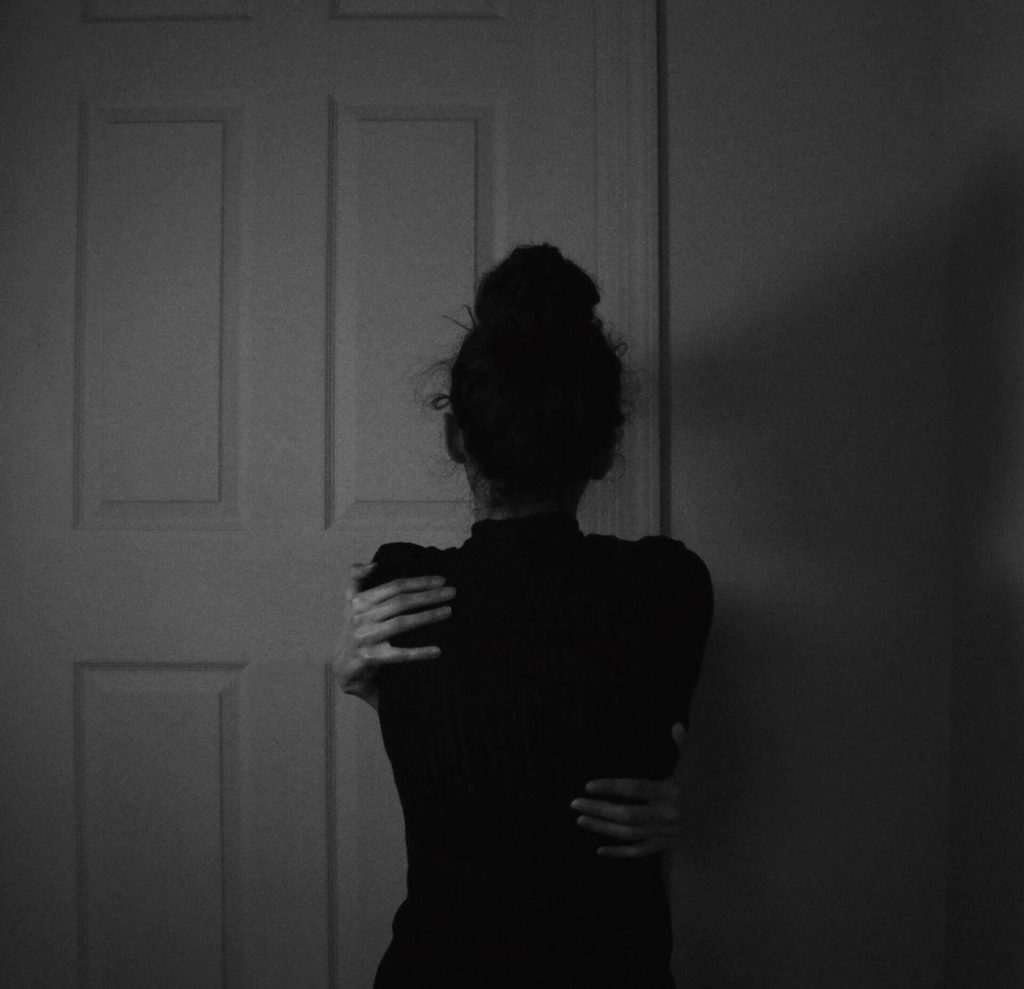Ever felt like you cannot accept the behaviour of another person so you try to impose your standards upon them? That is one way of releasing judgment but judgment in a relationship is like going backwards and your partner will feel it’s not enough to be themselves.
We form judgments from the stress and anxiety that we experience throughout the day. Judgments are negative emotions that await to be triggered by some sort of behaviour. In time, judgment builds resentment and tarnishes any intimate relationship.
There is a hidden guilty pleasure in saying “you’re wrong”. However, it’s wrong to say that. Have you tried “I feel differently”? When you feel the need to correct others, chances are you’re going to start correcting yourself, and not in a good way.
In this article, we are going to talk about how judgment affects our relationships and about what happens when you want someone to change from who they are into who you want them to be, or think they should be.
Judging others starts with you
Judging other people around you might have a lot to do with your self-love. Loving and respecting yourself, will bring you a level of understanding that will help you drop the need to judge others around you.
Consider that being judged by the person we love can be a devastating experience because they’re most likely the people we care most about and value their opinions above all else. So, hearing something nasty that comes from them might feel like a stab in the back.
It’s true that the way the world is built, on notions of right and wrong and social criticism everywhere, it can get to you. In every society and family, there are certain expectations of how we are to behave, who we must become when we grow up, and so on. One can lose himself in this whirlwind of expectations, and this can later turn into triggered judgment.
Judgment can be triggered by your deep, unspoken-of past emotions
Judgments have profound emotional triggers. They are deep stirring sparks that light up in us when we experience something we might have experienced a long time ago. Extreme judgment towards others might have a very strong connection to different painful scenarios from our past.
There is a good chance that anything that provokes you today to judge is never about what is happening today, but rather it is linked to something that has happened in the past and created this reaction in the first place. It can bring back memories of how someone looked at you at some point, how they neglected or bullied you, or it can be a belief you’ve adopted in a critical situation because you didn’t know anything better.

In “judgment mode” we might perceive the world through the mind of a younger version of ourselves, judging on what might have hurt us in the past. In a romantic relationship, judgment can build huge walls between the partners, distancing them from those they love for fear of being judged again and again and again. These “protective walls” are a barrier not just to judgment but to love too and this is where a relationship might start to crumble.
Love is seeing, understanding, accepting, and working on it
“But I don’t place judgment on my partner out of malice, but rather because I want to see them progress and be better”, you might say.
There is a fine line between how we project our values onto others. If the result is constructive, then we’re doing a good thing and the comments are coming out of love and not of fear, as in the case of a plain judgment.
It is normal to want the person closest to you to be the best they can be and support them. Sometimes this includes a certain dose of criticism, but it should be constructive, spoken in a normal voice, coming out of love and respect, and not triggered abruptly by something they did or said.

Everybody has its issues and flaws and loose ends, the idea of a relationship is to accept them for who they are and where they’re actually at in their own lives.
Nevertheless, even if you feel like your partner needs to be more disciplined and attentive, don’t judge them for their shortcomings, but rather express your opinions through constructive dialogues that are not followed by smirks or any other type of sarcasm and irony.
A highly critical judgmental attitude won’t do anybody any good in social relationships. Leading a life in which you are only critical of others will not bring you any happiness whatsoever. But how do you even know that’s what you’re doing?
A little exercise on how to acknowledge and stop judging
Think of something that happened to you in the past couple of days and triggered a strong reaction to it, it deeply bothered you and startled you at the same time. It can be the tiniest thing, but if it got a strong reaction out of you, then it means a lot to you.
So, write it down in your own words describing every little detail of what happened. Try not to add too much of your opinion on it. Then, let’s do a little analysis of the text. Note:
- How many times you’ve used the words “should” or “shouldn’t”.
- Analyse how you’ve referred to the people in your story; did you label them in some way?
- Is your tone patronising or condescending?
- You’re trying to guess what motivates people to do certain things
- You criticise
You try to explain how you’ve done that differently
How do you get rid of judgment?
The way we judge our dear ones regarding how they dress, walk, spend money, make friends, and so on, eats at us in the long term. It affects our emotions and feelings. Even though we may not think so, we take our dear ones’ problems as our own and we need to let go.
Judging your dear one is also worrying about their specific behaviour. So, first, you need to let go and accept that you cannot control everything they do or say. Secondly, you need to consider a serious talk about your issues.

You need to let go of the urgency to “be right”, and have a serious talk about it. Here, you will probably say “talk, talk talk, how does that solve anything?”. It does, but it’s not easy. If you cannot do it yourselves because you’re too wrapped up in your issues, then you need to seek counsel, help, and a different perspective from therapy.
Through dialogue, you can come to terms with everything going on and learn to accept the other person’s flaws and quirks. Everybody has the right to be themselves and if a specific thing about your significant other deeply upsets you, you can let them know in an environment of love, safety even connection, and together, you can cross the bridge into the world of each other.
Most importantly, do not give up, do not give in to judgment, learn to discuss, and engage in an open and honest dialogue, the most honest you’ve ever had! At 2halvesofasoul we are here to help, through our couples therapy sessions, with different techniques and methods that will make it easier for you. Why not get in touch?
Images source: Unsplash.com


